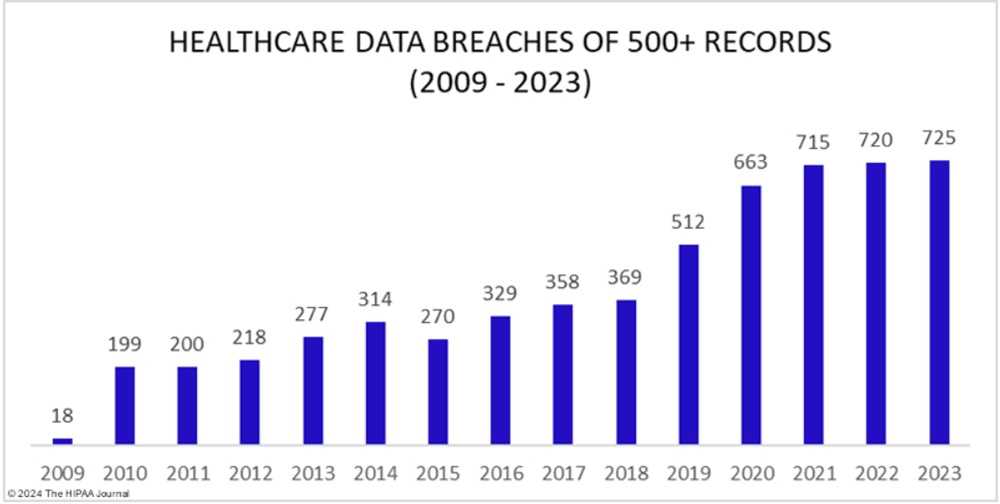Yet another hospital felt the pain of a cyberattack affecting patient services. This time, those in the crosshairs are children, the patients at Lurie Children’s Hospital in Chicago. If you're wondering who would attack a children’s hospital, you're not alone. Lurie and the FBI are working to answer that question, and in the meantime, the hospital is struggling to maintain disrupted patient services.
Cyberattacks against healthcare services are far from unique. Attackers hope to get quick responses due to the sensitive nature of patient safety and personal data security hanging in the balance. After all, this truly could be a life and death situation, making it top priority for hospitals and other emergency care providers.
Outside of healthcare, any business dealing with sensitive matters like finance, government, education, and security are particularly ripe targets for cybercrime. Anything likely to pressure victims in particularly sensitive situations is what some cybercriminals look for in an attack.
In the world of cybercrime, any business big or small of any type are potential targets. Some cyberattacks have led to companies going out of business, while others do enough damage to ruin reputations and cause significant financial losses.

Overall, it's a jungle out there and every business needs to do what's possible to thwart cyberattacks and live to see another day. From ransomware to malware infections, backing-up systems is a great way to get around having a business fall to cybercrime. Backups should be done on a regular basis and away from the system that could be damaged in an attack. Should a system be compromised, the backup allows a business, well, to get back to business.
What’s a regular basis? It’s whatever is reasonable for your organization. In the case of urgent situations, it could be hourly or more often. If not, maybe weekly works for you. In any case, these backups can get you back up and running in a heartbeat should a cyberattack occur.
And even better, if it’s ransomware giving you indigestion, readily available and up-to-date backups can prevent needing to pay a ransom, which is never advised.
On their website, Lurie Children’s Hospital called what they experienced a "cybersecurity matter" without further detail. Though it had the makings of a ransomware attack. They do say the hospital that patient care and operations were not affected despite disruptions by the attack. However, it took more than a month after the attacked forced the hospital to take its network offline for doctors and nurses to get access to electronic records for patients.
Surviving in a jungle of cyberattacks is possible. Business owners and those overseeing technology have the responsibility of arming themselves, their employees and protecting their customers. Doing system backups is a great start.